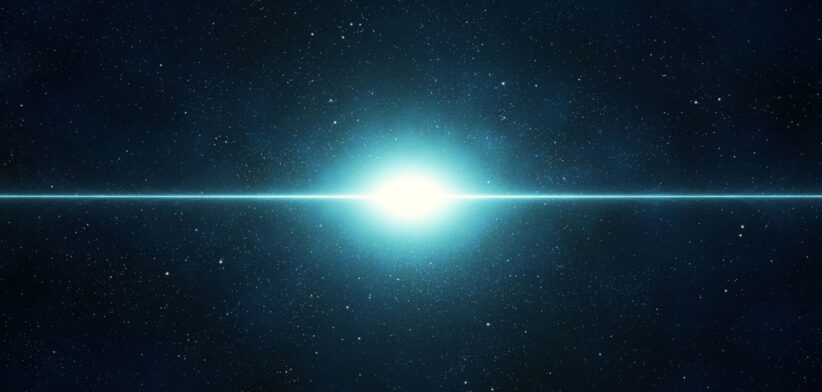While some theories suggest the universe, sparked by the big bang, will expand forever, new calculations predict an end to it all in a big crunch.
Cornell University physicist Henry Tye said, based on new data from dark-energy observatories, the universe was approaching the midpoint of its 33-billion-year lifespan.
Professor Tye said after expanding to its peak size about 11 billion years from now, it will begin to contract – snapping back like a rubber band to a single point at the end.
He said he reached this conclusion after adding new data to a model involving the “cosmological constant” – a factor introduced more than a century ago by Albert Einstein and used by cosmologists in recent years to predict the future of our universe.
“For the last 20 years, people believed that the cosmological constant is positive, and the universe will expand forever.
“The new data seem to indicate that the cosmological constant is negative, and that the universe will end in a big crunch.”
Professor Tye said the universe was 13.8 billion years old and expanding, but with the cosmological constant negative, it would reach a maximum size, then contract, eventually collapsing to zero.
“This big crunch defines the end of the universe.”
He said the model suggests the big crunch will happen about 20 billion years from now.
Read the full study: The lifespan of our universe.








